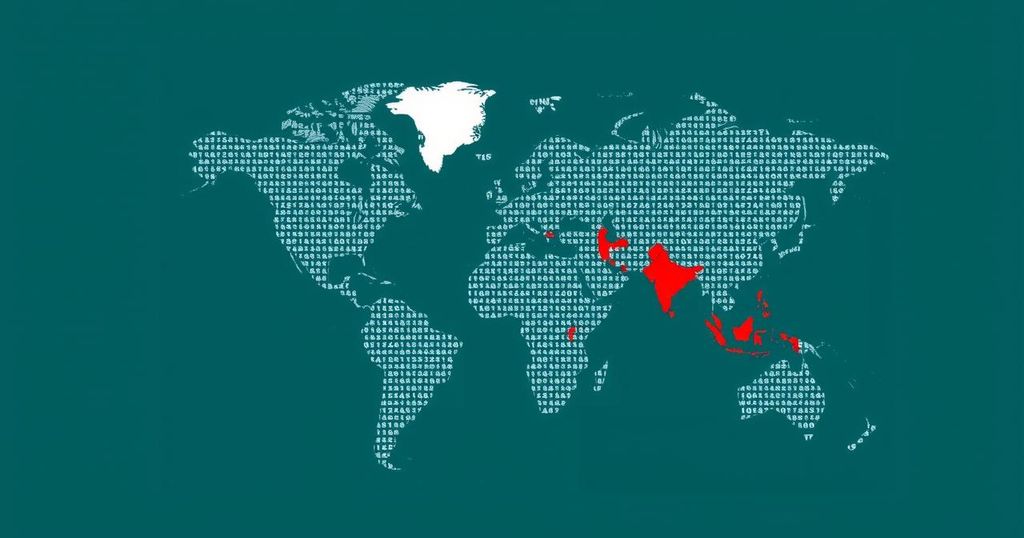India rejected a $300 billion climate finance package at COP29, citing it as insufficient and distant from the $1.3 trillion demanded by the Global South. Chandni Raina of India’s Department of Economic Affairs voiced discontent over the lack of inclusivity in discussions. The proposal, which is meant to address the financial needs of developing nations, falls short and is criticized for not assigning responsibilities effectively to developed nations.
On November 24, 2024, India rejected a proposed $300 billion annual climate finance package at the COP29 conference, deeming it insufficient and distant from the actual needs of the Global South. Represented by Chandni Raina, an advisor at the Department of Economic Affairs, India expressed disapproval over the exclusion from prior discussions regarding the proposed deal, which undercuts trust in climate negotiations. This figure is significantly lower than the $1.3 trillion target demanded by developing nations over the past three years, highlighting a lack of responsiveness from developed countries regarding climate finance commitments.
Raina articulated that the proposed financial package fails to acknowledge the pressing realities and priorities of developing countries and undermines the principle of Common but Differentiated Responsibilities (CBDR). She emphasized that developed nations have not fulfilled their climate finance obligations, and the proposed package risks hindering the capacity of developing countries to adapt to climate change while aiming for economic growth. Nigeria, along with Malawi and Bolivia, supported India’s stance, signaling widespread disapproval of the financial proposal’s inadequacy.
The New Collective Quantified Goal (NCQG) seeks to replace the previous $100 billion annual commitment established in 2009, aiming for $300 billion by 2035 through various funding sources. However, the proposal lacks a clear delineation of responsibility among developed countries, casting doubt on its efficacy.
The dynamics surrounding climate finance at international conferences, such as COP29, often reflect the ongoing tensions between developed and developing nations. Developing countries, which are disproportionately affected by climate change, advocate for greater financial support to facilitate their transition to low-carbon economies. The Global South has consistently emphasized its demand for substantial financial resources, recently escalating this to $1.3 trillion annually, indicating a significant disparity in expectations between it and the developed world. Events like the COP29 conference serve as platforms for these countries to voice their discontent and push for equitable solutions to climate challenges.
In conclusion, India’s outright rejection of the $300 billion climate finance proposal at COP29 exemplifies a growing frustration within the Global South regarding inadequate funding commitments from developed nations. The stark contrast between the demands of developing countries and the offers put forth highlights systemic issues within international climate negotiations, particularly concerning equity and shared responsibilities in combating climate change. As articulated by Indian representatives, any meaningful progress must be accompanied by genuine responsiveness from developed countries to foster a productive and trustworthy negotiation environment.
Original Source: swarajyamag.com







